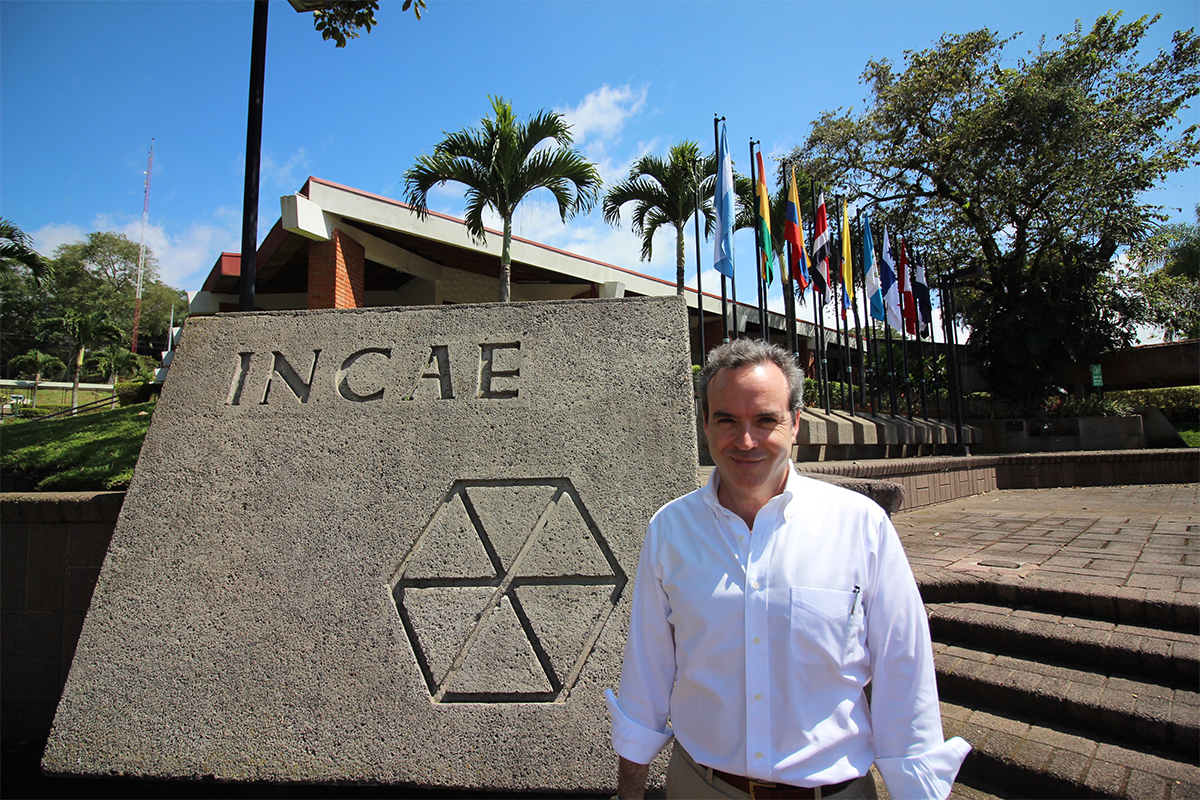INCAE Business School Costa Rica
What has made Costa Rica a successful economy with strong social cohesion inside its borders? It’s followed its own path, says Lawrence Pratt, a senior lecturer at INCAE Business School. Pratt said that frequently developing countries listen to outside organizations like the International Monetary Fund without first listening to their own people’s needs to design policies to shape their economic growth. Pratt said when countries focus on their actual needs first—food, water, and social cohesion, to name a few—they develop stronger institutions that will ultimately help create a strong environment for businesses and investment.

“Countries that are successful take good advice [when it’s logical], but generally figure out the right path for their country. If you don’t, the politics don’t work right. The social cohesion doesn’t work right. You wind up emphasizing externally driven variables rather than internally. One of the things Costa Rica has done better is it has taken [outside financial policy] advice and found their own path to implementing it. There are countries that have simply taken the recipe given to them by international institutions and were promised that ‘if you follow this monetary and fiscal policy, money and angels will fall from the sky.’ That simply hasn’t happened. Development economics is an extremely pragmatic realm and not a philosophical or theoretical one. It’s the thousands of decisions that have to be made every year and not the one macro decision that will matter.”
This week, Matthew O’Rourke is reporting from Global Network Week 2017 in Costa Rica, where INCAE Business School is presenting its module “Doing Business in Latin America: The Competitiveness and Sustainability Challenge.”
